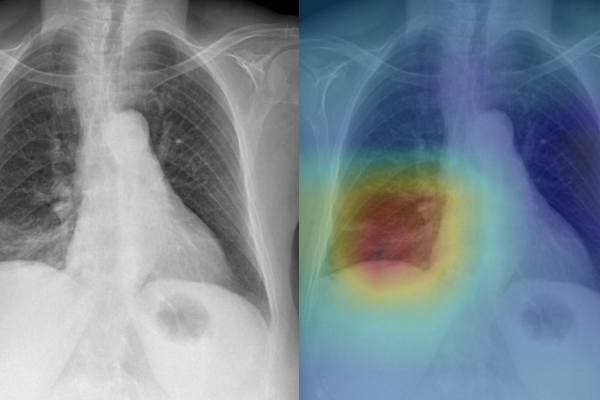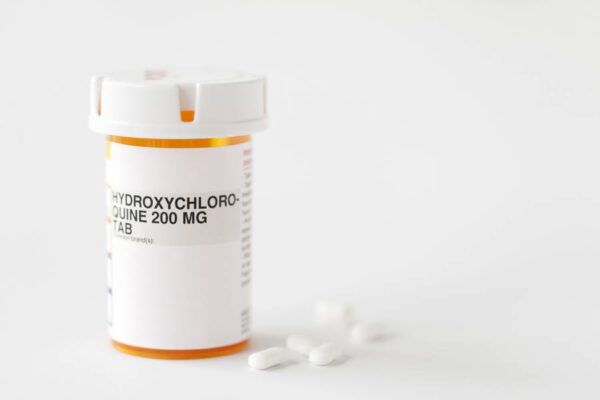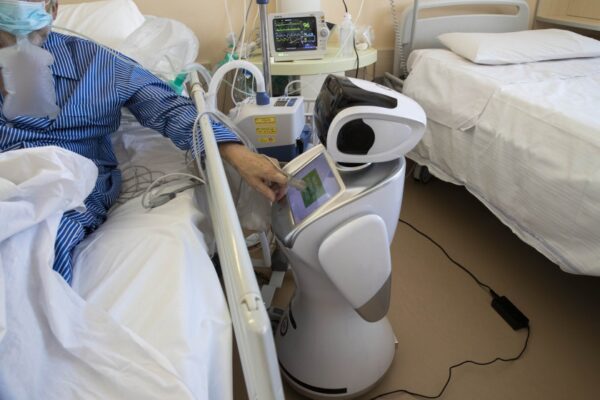In: COVID-19

Radiologists use deep learning to find signs of COVID-19 in chest x-rays
- May 29, 2020
- COVID-19
Johns Hopkins radiologists have found that a deep learning algorithm to detect tuberculosis (TB) in chest X-rays could be useful for identifying lung abnormalities related to COVID-19.

The ill winds of COVID-19
- May 12, 2020
- COVID-19Systems Modeling and Optimization
Johns Hopkins mechanical engineers believe fluid dynamics can tell us a great deal about the COVID-19 pandemic—and how people can protect themselves when the country reopens.

Public demand for unproven COVID-19 therapies rise after endorsements from high-profile figures
- May 1, 2020
- COVID-19
A new study by researchers from Johns Hopkins, the University of Oxford, and the University of California, San Diego, examines Americans’ Google searches to track the rising public demand for these unproven drugs soon after these high-profile endorsements.

New outbreak model better predicts COVID-19 hotspots
- April 27, 2020
- COVID-19Systems Modeling and Optimization
Team led by Malone researchers is developing a new model that more accurately understands and predicts the spread of diseases such as COVID-19 in both large and small communities.

AI Can Help Hospitals Triage COVID-19 Patients, CS’s Suchi Saria, IEEE Spectrum
- April 20, 2020
- COVID-19Machine Learning and Artificial Intelligence
As the coronavirus pandemic brings floods of people to hospital emergency rooms around the world, physicians are struggling to triage patients,...

Meet humanity’s new ally in the coronavirus fight: Robots, CS’s Russ Taylor, Los Angeles Times
- April 15, 2020
- COVID-19Robotics, Augmented Reality, and Devices
John C. Malone Professor Russell Taylor tells The L.A. Times that medical robots could be useful in intensive care units where risk of contamination is a major worry.